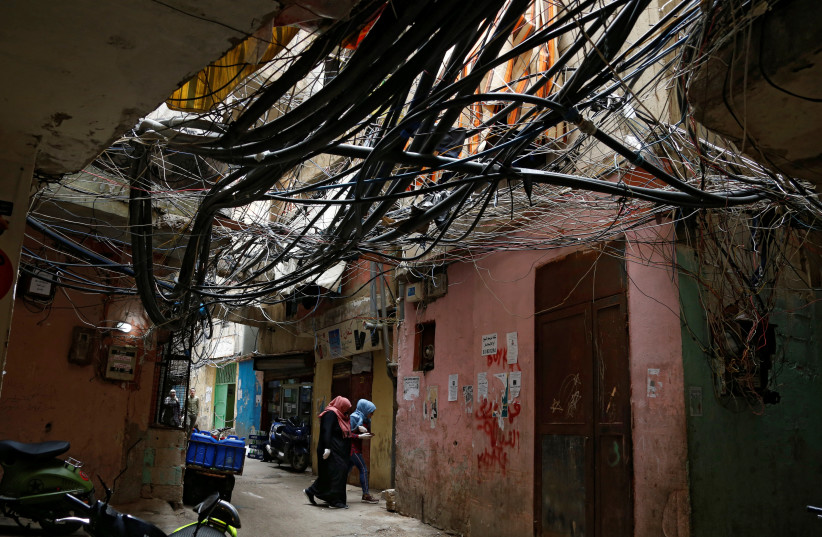Lebanon relaxed labor restrictions on Palestinian refugees on Wednesday, allowing them to work in trade-union regulated professions, according to Lebanon's National News Agency.
According to the amended regulations published by the Labor Ministry, Palestinians who were born in Lebanon and officially registered in the records of the Lebanese Interior Ministry will be allowed to work in professions that are in general limited to Lebanese citizens only, such as law, engineering and medicine, among others.
Anis Mohsen, a Palestinian writer, researcher and human rights activist, told L'Orient Today that the decision is "good for the Palestinian refugees in Lebanon, but I think some syndicates could not allow Palestinians to enter."
Mohsen added that the decision is a step forward, but limited as it is not legislation and any new minister could reject it.
About 180,000 Palestinian refugees live in Lebanon, according to the United Nations Relief and Works Agency for Palestine Refugees (UNRWA). Palestinian refugees in Lebanon suffer from widespread poverty and an extreme lack of rights. They cannot obtain citizenship.

Palestinian refugees in Lebanon find it extremely difficult to obtain annual work permits that they are required to obtain and often work for lower pay than their Lebanese colleagues. As the economic crisis in Lebanon continues to worsen, UNRWA recorded a significant increase in arbitrary dismissals and absence of end-of-service compensation as many employers do not adhere to the labor rights of Palestinian refugees, according to a brief published in September 2020.
While Palestinian refugees have to pay into the National Social Security Fund, they are largely unable to access the benefits of the fund offered to Lebanese citizens.
Nearly half of all Palestinian refugees in Lebanon live in overcrowded, unsanitary refugee camps. The camps are also plagued by crime and violence, with limited enforcement by Lebanese authorities. Palestinian refugees are prevented from legally acquiring real estate in Lebanon.
UNRWA provides health, education, social services and emergency assistance to Palestinian refugees in Lebanon, but is suffering from a lack of resources which heavily limits its ability to provide these services.
Philippe Lazzarini, commission-general of UNRWA, warned during a meeting with civil society organizations working with Palestinians in Lebanon on Wednesday that there is a "real threat" for the agency to continue providing the same services in 2022, due to a financial deficit of about $60 million. Lazzarini also met with Lebanese Prime Minister Najib Mikati on Wednesday.
